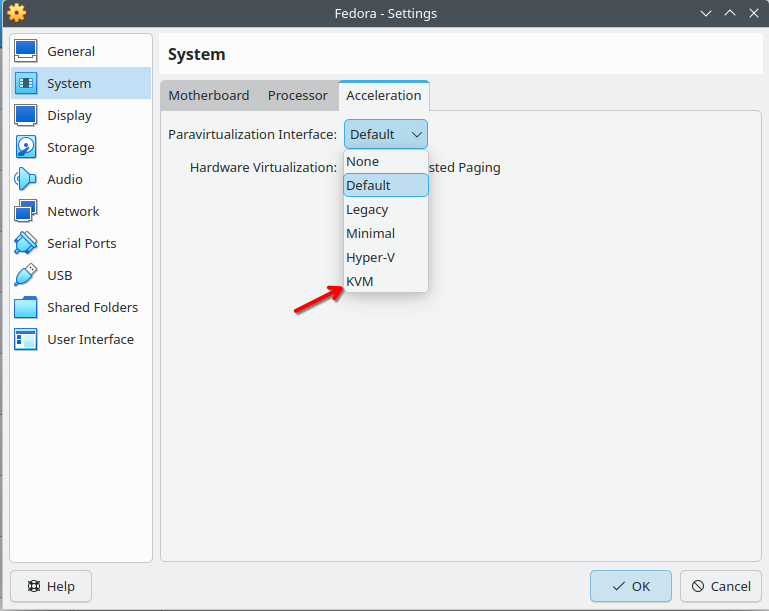The following command works even though I really don't think I should have permission to the key file:
$ openssl aes-256-cbc -d -pbkdf2 -in etc_backup.tar.xz.enc -out etc_backup.tar.xz -k /etc/ssl/private/etcBackup.key
I'm unable to even ascertain the existence of the key file under my normal user. I'm a member of only two groups, my own group and vboxusers.
The permissions leading up to that file:
drwxr-xr-x 1 root root 4010 Jul 31 08:01 etc
...
drwxr-xr-x 1 root root 206 Jul 14 23:52 ssl
...
drwx------ 1 root root 26 Jul 31 14:07 private
...
-rw------- 1 root root 256 Jul 31 14:07 etcBackup.key
OpenSSL isn't setuid:
> ls -la $(which openssl)
-rwxr-xr-x 1 root root 1004768 Jul 14 23:52 /usr/bin/openssl
There don't appear to be any ACLs related to that key file:
> sudo getfacl /etc/ssl/private/etcBackup.key
[sudo] password for root:
getfacl: Removing leading '/' from absolute path names
# file: etc/ssl/private/etcBackup.key
# owner: root
# group: root
user::rw-
group::---
other::---
> sudo lsattr /etc/ssl/private/etcBackup.key
---------------------- /etc/ssl/private/etcBackup.key
Finally, it's not just the case that the original file was encrypted with an empty file:
> openssl aes-256-cbc -d -pbkdf2 -in etc_backup.tar.xz.enc -out etc_backup.tar.xz -k /etc/ssl/private/abc.key
bad decrypt
4047F634B67F0000:error:1C800064:Provider routines:ossl_cipher_unpadblock:bad decrypt:providers/implementations/ciphers/ciphercommon_block.c:124
Does anyone know what I've missed here?

Adding my "Me too" to Vorta/Borg. I use it with Borgbase, which I like because it's legitimately cheap and they support Borg development. As well, you can set Borg backups with Borgbase to "append only," which prevents ransomware or other unexpected "whoopsies" from wiping out your backup history.
I backup most of my computer every hour, but have pruning rules that make sure things don't get too out of hand. I have a second backup that backs everything up to my NAS (using Vorta, again). This is helpful for things like my downloads folder, virtual machines, or STEAM library - things I wouldn't want to backup over the network, but on occasion I do find myself going "whoops, I wanted that."
I also have Vorta working on my Mom's Macbook, then have Borgbase send me an email when there isn't any activity for longer than a couple of days. Once I got automatic pruning working right I never had to touch this again.